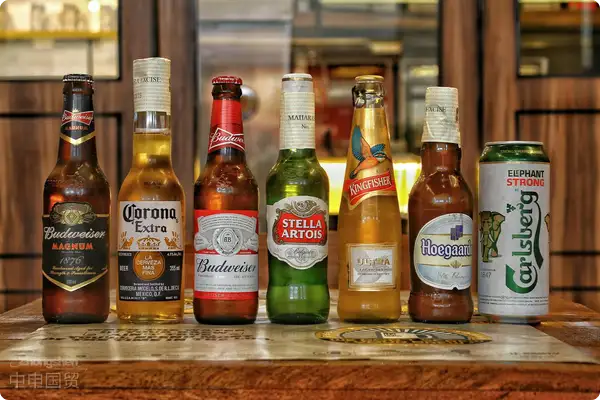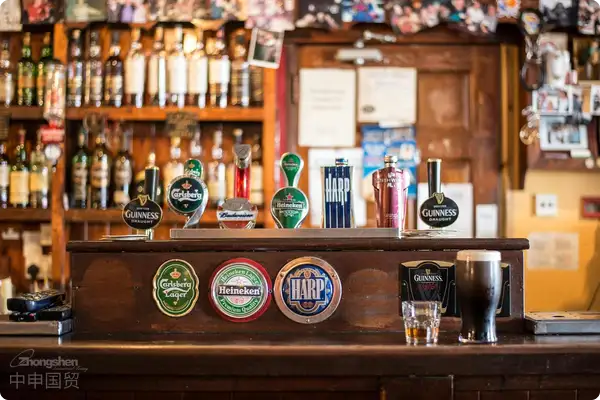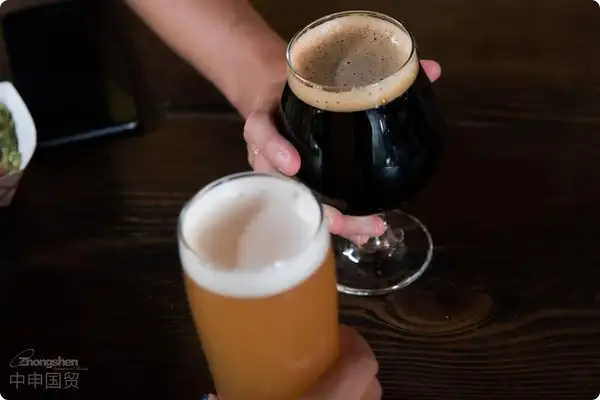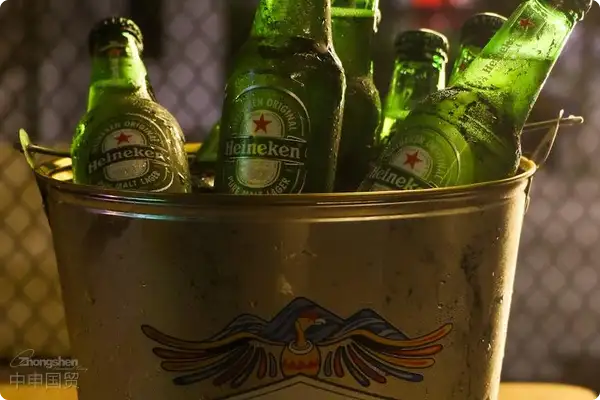- Shanghai Zhongshen International Trade Co., Ltd. - Two decades of trade agency expertise.
- Service Hotline: 139 1787 2118
Facing a market like Indonesia, which has a large consumer base and a complex regulatory environment, how can exporters ensure that their products can smoothly pass customs and meet local food safety standards? In - depth understanding of Indonesias food regulatory process is a key link in exploring the Southeast Asian market.
I. Regulatory Agencies and Regulations
Regulatory Agencies
Indonesias food regulatory framework involves multiple government departments, including:
(1) Ministry of Agriculture:Responsible for regulating all imported and local agricultural products.
(2) National Agency for Drug and Food Control (BPOM):Similar to the food and drug administration in other countries, it is responsible for food safety, quality and nutrition standards.
(3) Bureau of Standards of the Nation (BSN):Formulate various standards
(4) Ministry of Trade and Ministry of Health:Supervise the import and export policies of food and its health standards.
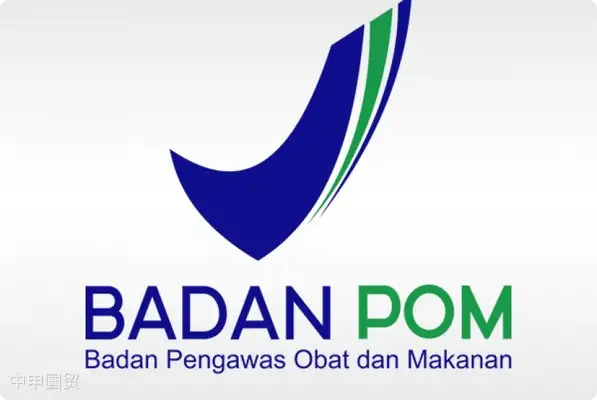
2、Regulatory Regulations
Indonesias food safety regulatory system is based on several key regulations, mainly including:
(1) Animal, Fish and Plant Quarantine Law:Specifies the quarantine requirements for all imported plants and plant products.
(2) Food Law:Covers the safety and hygiene requirements of food to ensure that food is harmless to consumers.
(3) Plant Quarantine Government Regulation Law and Safety Management Measures for Fresh Plant - derived Foodimport and exportSpecifically and in detail regulates the import and export of plant - derived products.1、Pesticide Residue Limit Requirements
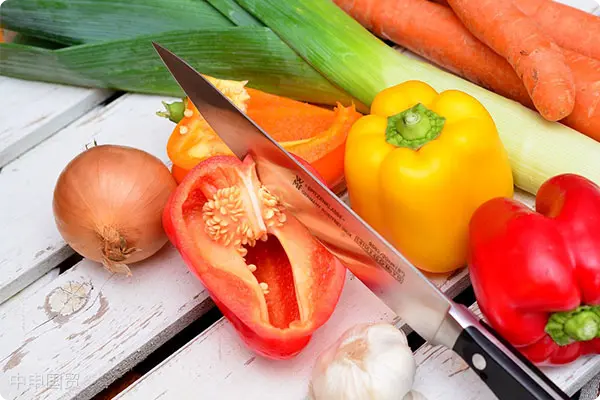
II. Standard and Certificate Requirements
There are significant differences between Indonesia and China in pesticide residue standards. For example, Indonesias limits for 33 pesticides are the same as those in China, while for another 20 pesticides, the requirements are more stringent than those in China. This includes lower residue limits for commonly used pesticides such as abamectin and lambda - cyhalothrin. Exporters need to strictly comply with these standards to avoid product return or destruction due to non - compliance.
2、Heavy Metal Pollutant Limit Requirements
Indonesia and China also differ in the limits of heavy metals, especially in the control of cadmium. Currently, Indonesia only sets a limit for the lead content, which is the same as Chinas lead standard (0.1 mg/kg), but there is no clear limit for cadmium. This is a regulatory difference that enterprises exporting to Indonesia need to pay attention to.
1、Pre - import Notification and Quarantine Requirements
III. Conformity Assessment Procedures
According to the regulations of the Indonesian Ministry of Agriculture, all fresh imported plant - derived food products must submit relevant pre - notifications in the pre - notification system before the arrival of the goods. This includes two sets of procedures: for products from countries with an approved food safety control system, only a pre - notification needs to be submitted; while for products from other countries, an analysis certificate from an approved laboratory and/or a food safety certificate must be provided additionally.
2、Packaging and Labeling Requirements
Indonesia has detailed regulations on packaging materials and labeling. All food - contact materials must be listed in the raw material list permitted by the Ministry of Trade. In addition, all pre - packaged imported fruits and vegetables must be labeled in accordance with the regulations of BPOM, clearly indicating the product name, weight, information of the manufacturer or importer, and must be labeled in Indonesian.
3、Import Procedures and Quarantine Requirements
During the import process, all fruit and vegetable products need to comply with the requirements of the Animal, Fish and Plant Quarantine Law and undergo strict quarantine. This includes sanitary inspections at designated ports and specific treatment measures for quarantine pests. In addition, since 2012, Indonesia has implemented an import quota system for fruits and vegetables, and importers need to hold a specific API identification number to carry out import activities.
Understanding and complying with Indonesias food regulatory processes is crucial for any enterprise hoping to enter this market. This not only helps enterprises pass customs inspections smoothly but also ensures the long - term development of products in the local market and wins the trust and support of consumers.
A Comprehensive Analysis of Thailands Food Regulations: A Guide to Successful Export Clearance!
Related Recommendations
Category case
Contact Us
Email: service@sh-zhongshen.com
Related Recommendations
Contact via WeChat

? 2025. All Rights Reserved. 滬ICP備2023007705號-2  PSB Record: Shanghai No.31011502009912
PSB Record: Shanghai No.31011502009912
